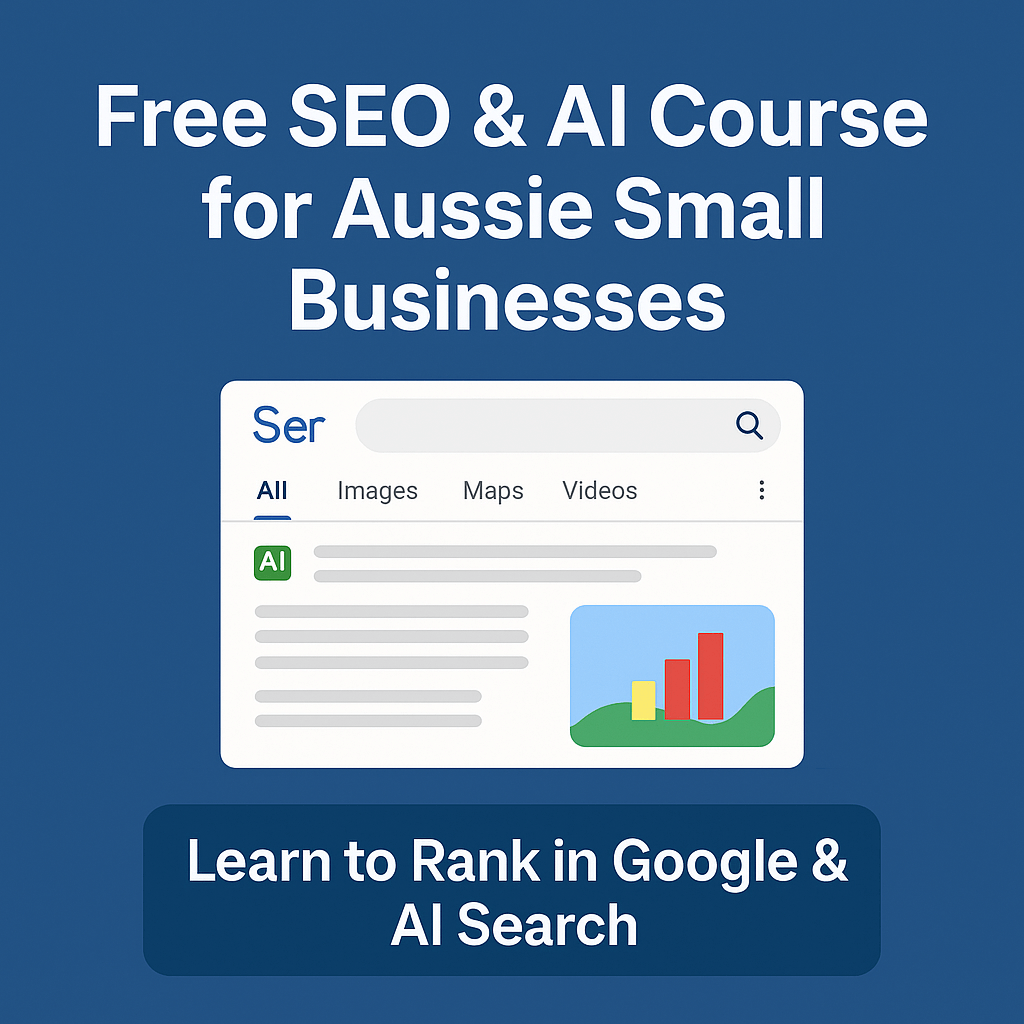Search Engine Optimization (SEO) is no longer a niche topic reserved for tech-savvy professionals. In today’s digital world, understanding the fundamentals of SEO is a vital skill for anyone looking to grow their online presence. From bloggers and small business owners to marketers and content creators, SEO is the bridge that connects your content to the right audience. If you’re a beginner, don’t worry—this guide will unravel the basics and help you get started.
Why SEO Matters
SEO drives organic traffic to your website by improving your visibility on search engines like Google, Bing, and Yahoo. But why is this important? Organic traffic is often the most cost-effective and reliable source of visitors to your site. Unlike paid ads, which require constant investment, good SEO practices can yield long-term results. With billions of searches performed daily, SEO ensures your content doesn’t get lost in the vast sea of online information.
Let’s break SEO down into its key components to help you understand its importance and how to use it effectively.
1. Keywords: The Foundation of SEO
Keywords are the building blocks of SEO. These are the words or phrases people type into search engines to find information. For beginners, mastering keyword research is the first step to optimizing your content.
How to Find the Right Keywords:
- Brainstorm Topics: Start by listing topics relevant to your business or blog.
- Use Keyword Tools: Tools like Google Keyword Planner, Ahrefs, or Ubersuggest help you identify popular search terms and their competition levels.
- Consider Search Intent: Focus on understanding why someone searches for a term. Are they looking for information, making a purchase, or seeking a service?
Where to Use Keywords:
- Page titles and meta descriptions
- Headings (H1, H2, etc.)
- URL structures
- Image alt texts
- Throughout the content (but avoid keyword stuffing)
2. On-Page SEO: Optimizing Content for Search Engines
On-page SEO refers to elements you can control directly on your website. It ensures your content is user-friendly and easily understood by search engines.
Best Practices for On-Page SEO:
- Create High-Quality Content: Write for humans first, then optimize for search engines. Engaging, informative, and original content will naturally attract readers.
- Optimize Title Tags: Each page should have a unique, keyword-rich title tag that reflects its content.
- Use Heading Tags: Properly structure your content using heading tags (H1 for the main title, H2 for subheadings, etc.).
- Improve Readability: Use short paragraphs, bullet points, and simple language. Tools like Hemingway or Grammarly can help.
- Internal Linking: Link to other pages on your website to create a network of valuable content and improve site navigation.
3. Technical SEO: Building a Strong Foundation
Technical SEO involves optimizing your website’s infrastructure to make it accessible and easy to navigate for search engines.
Key Technical SEO Elements:
- Mobile-Friendliness: With the majority of searches happening on mobile devices, having a responsive design is crucial.
- Site Speed: Slow-loading sites frustrate users and hurt your rankings. Compress images, enable caching, and use a Content Delivery Network (CDN).
- XML Sitemaps: Create and submit an XML sitemap to help search engines index your pages.
- Fix Broken Links: Regularly check for and fix broken links to maintain a seamless user experience.
- Secure Your Site: Switch to HTTPS to ensure your site is secure.
4. Off-Page SEO: Building Authority and Trust
Off-page SEO refers to activities outside your website that impact its visibility and authority.
Link Building:
Search engines view backlinks (links from other websites to yours) as votes of confidence. However, not all backlinks are created equal.
- High-Quality Links: Aim for links from reputable websites in your niche.
- Avoid Spammy Links: Low-quality links can harm your site’s reputation.
- Guest Blogging: Write articles for other websites to gain exposure and earn backlinks.
Social Media:
While social media signals aren’t direct ranking factors, a strong presence can amplify your content, driving traffic and generating backlinks.
5. Local SEO: Getting Found in Your Area
For businesses serving a specific location, local SEO is essential.
Tips for Local SEO Success:
- Google Business Profile: Claim and optimize your listing with accurate business details, photos, and reviews.
- Local Keywords: Use terms that include your city, region, or neighborhood.
- Online Reviews: Encourage satisfied customers to leave positive reviews on Google and other review platforms.
6. Measuring Success: Analyzing SEO Performance
SEO isn’t a set-it-and-forget-it strategy. Regular monitoring and tweaking are crucial for ongoing success.
Tools to Track SEO Performance:
- Google Analytics: Monitor traffic, user behavior, and conversions.
- Google Search Console: Check your site’s indexing status, discover keyword rankings, and fix errors.
- SEO Tools: Paid platforms like SEMrush or Moz offer in-depth insights into your performance.
Metrics to Monitor:
- Organic traffic
- Bounce rate (percentage of visitors leaving without interacting)
- Conversion rate
- Keyword rankings
- Backlinks
7. Common Mistakes Beginners Should Avoid
- Ignoring Mobile Users: Always optimize for mobile-first indexing.
- Keyword Stuffing: Overusing keywords can lead to penalties from search engines.
- Duplicating Content: Ensure all content is original and valuable.
- Buying Links: Paid links often come from low-quality sources and can harm your rankings.
- Neglecting Analytics: Without analyzing your performance, you can’t refine your strategy.
8. SEO Is a Long-Term Game
Many beginners expect quick results from SEO, but patience is key. It can take weeks or even months to see significant changes in rankings. However, the benefits are worth the wait. Consistently applying best practices and staying updated on algorithm changes will pay off.
Final Thoughts
SEO may seem intimidating at first, but it becomes manageable when broken into small, actionable steps. Start by mastering the basics—keyword research, on-page optimization, and technical SEO—and gradually expand your expertise to more advanced strategies like link building and local SEO.
Remember, SEO is not just about search engines; it’s about providing value to your audience. Keep learning, experimenting, and adapting to make your website a trusted destination in your niche.
With this guide as your foundation, you’re ready to dive into the world of SEO and begin your journey toward online success.


